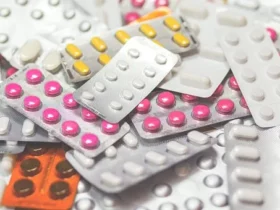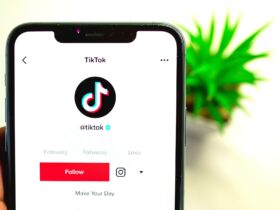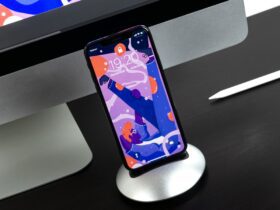According to a research, having a glass of wine alongside your meal rather than alone may help reduce your likelihood to develop type 2 diabetes.
The experts observed that individuals who drank wine during their meals had a 14% lower risk of developing the disease than those who consumed wine alone. Those who had beer and spirits with their meals, on the other hand, looked to be at an increased risk of metabolic illness.
Consuming reasonable quantities of wine with meals may help avoid type 2 diabetes only assuming you do not have any other medical issue that might be worsened by moderate alcohol use and approved is by your doctor.
Past research has shown that a chemical found in the peel of grapes called polyphenols is capable of lowering blood sugar levels. Additionally, wine, particularly red wine, is high in beneficial plant compounds such as resveratrol, which serves as an antioxidant.
Individuals with type 2 diabetes have abnormally high blood sugar levels as a consequence of difficulties involving their insulin — a hormone that controls the quantity of glucose in the circulation. If left untreated, it may be fatal and could cause major complications with the heart, nervous system, and eyes.
The team followed 312,388 drinkers in the UK biobank for a period of 11 years and questioned them about their drinking habits. Approximately 8,600 of the study’s individuals got type 2 diabetes.
They were not diagnosed with diabetes, heart disease, or cancer before enrolling in the research.
According to experts, those who do not use alcohol should refrain from doing so. They emphasize the need for moderation for people who currently use alcohol. For women, moderate alcohol consumption is considered to be one glass of wine or any other alcoholic drink per day; for males, it is defined as up to 2 glasses per day.
The findings were presented to the American Heart Epidemiology, Prevention, Lifestyle and Cardiometabolic Health Conference recently.











Leave a Reply